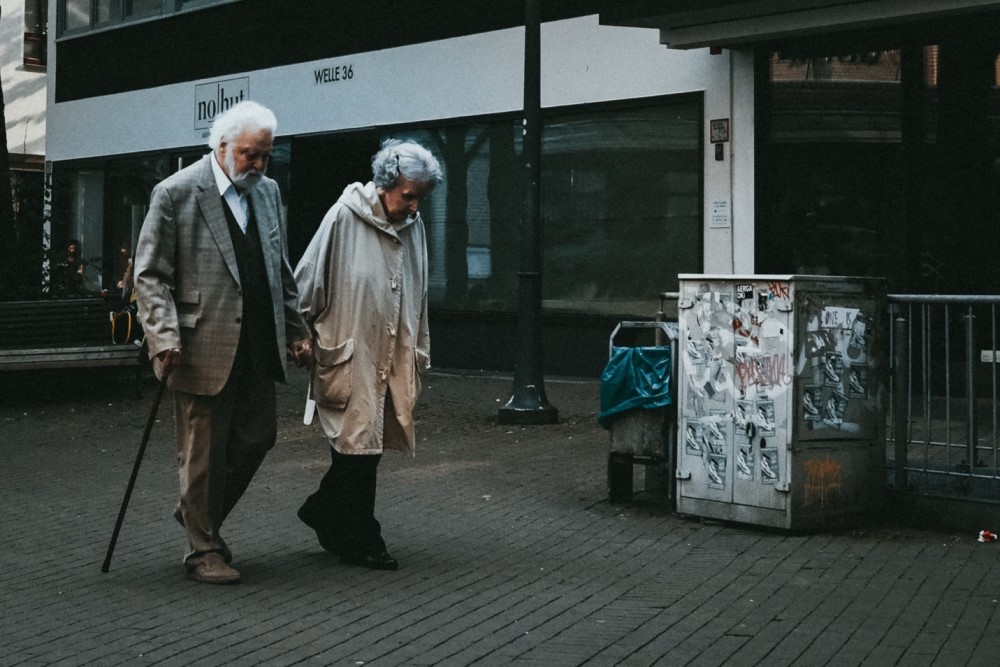13 Jul The Reality Of Aging
[vc_row css_animation="" row_type="row" use_row_as_full_screen_section="no" type="full_width" angled_section="no" text_align="left" background_image_as_pattern="without_pattern"][vc_column css=".vc_custom_1621365636104{padding-top: 10px !important;}"][vc_column_text] "At 80, one can take a long view and have a vivid, lived sense of history not possible at an earlier age. I can imagine, feel in my bones, what a century is like, which I could not do when I was 40 or 60." "I do not think of old age as an ever-grimmer time that one must somehow endure and make the best of, but as a time of leisure and freedom, freed from the factitious urgencies of earlier days, free to explore whatever I wish, and to bind the thoughts and feelings of a lifetime together." Dr. Oliver Sachs There will be a shift in the global aging population from 7% today to 20% in the next few decades. This growth will be one of the most significant social, economic, and political transformations of our time. It will force changes in systems, have an impact on families, and will require new solutions. Though older adults are a reigning economic segment, the attitudes and stereotypes about aging persist, and market innovation to meet their needs is lagging. Collaboration among policymakers, civil society, academia, and the private sector is crucial to creating holistic solutions that promote older adults' safety, autonomy, well-being, and dignity. Many societies have outdated beliefs about aging. For example, older adults are often described as frail, as "challenges" to be addressed, and they are discriminated against, particularly in the workplace, where their experience and knowledge should count. While we celebrate the birth and growth of children and their early adulthood, we fail to respect those with wisdom and important stories to pass down to younger generations. Marketing companies tend to focus on millennials and Gen Z, but the baby boomers are largely forgotten as one of the most significant economic segments. In the early days of the Covid-19 pandemic, one of the most pressing concerns was best communicating information to those at greatest risk — particularly the elderly. Unfortunately, many attempts were riddled with stereotyped depictions of frail, lonely, and incompetent older people. In doing so, messages from advertisers, public health officials, and policymakers may have failed to resonate with large swaths of their targeted audience. Yet, given a rapidly aging population, effective messaging to older people holds national importance for public health and the marketing of goods and services. Getting old isn't nearly as bad as people think it will be. Nor is it quite as good. On aspects of everyday life ranging from mental acuity to physical dexterity to sexual activity to financial security, a new Pew Research Center Social & Demographic Trends survey on aging among a nationally representative sample of 2,969 adults finds a sizable gap between the expectations that young and middle-aged adults have about old age and the actual experiences reported by older Americans themselves. These disparities come into sharpest focus when survey respondents are asked about a series of negative benchmarks often associated with aging, such as illness, memory loss, an inability to drive, an end to sexual activity, a...



